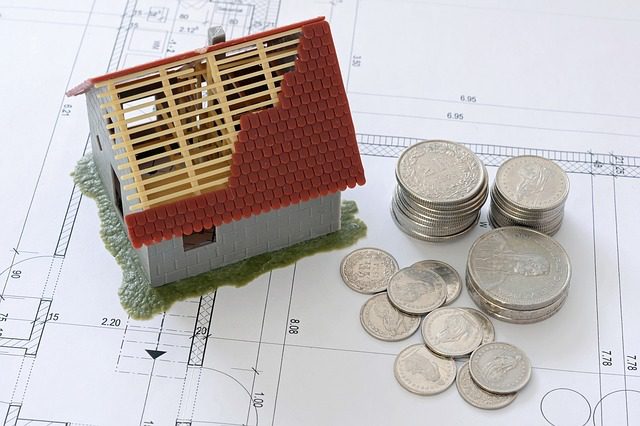The housing market is not in good shape. You know it, I know it, the housing market knows it. It’s becoming miraculous to be able to afford a home by the time you’re in your 30s. As such, anyone who wants to enter the housing market must work hard to save for a deposit plus other costs associated with buying a home.
We’re here to help. If you’re thinking about the future, you’ll need to act now to save for a forever home. Read on to find out all our tips on saving for a mortgage and making the most of your money.
Table of Contents
Rethink your budget
Before you do anything, it’s best to see where you can save. There is no point scrimping on the food or utilities if an unused Netflix subscription is sitting there eating up $10 a month of your finances.
Sure, $10 isn’t a lot, but it can be put towards a good meal if it’s spent right. And when it is coupled with better spending elsewhere, it will all add up to savings that you could realistically put towards a deposit.
So, go through your monthly finances and see where you can save. Swap out that gym membership for a hike or a wild swim. Cancel that app subscription. Do you use it enough to justify the price? Switch to YouTube and streaming free cable channels for your entertainment. Start making lunches rather than spending $3 a day buying a sandwich. That’s $60 a month when a loaf of bread and some ham can cost less than $5 weekly.
Consider downloading a budgeting app if you can’t see anywhere to save. They can look at your accounts and target areas where you are spending a lot of money and suggest ways to cut down.
Wipe away your debt
Debt gets in the way of everything – especially big financial decisions. Unfortunately, a mortgage is one of those. A lender will look at your debt-to-income ratio and decide, based on how much you are giving to your debt every month, whether you are a safe investment for them.
Besides, with your debt out of the way, you will find you can put more money towards saving for a deposit. Of course, this isn’t easy. It is your first step, however. Pay off your debt as soon as possible to avoid interest rates that trap you in a cycle of paying off interest and never putting a dent in your debt. Then you can focus on saving for a deposit.
You can make this easier by paying more than the minimum amount every month, paying it off with a lump sum, avoiding interest rates with a balance transfer card, or renewing an auto loan. The experts at PF Geeks share that by paying off any debts as quickly as possible, you’ll be able to reduce the interest you pay and eventually improve your credit rating, which could allow you to borrow more when you come to buy your new home.
Think about your deposit
If you’re looking to extend your borrowing power or make your mortgage repayments in the future easier on your wallet, it’s all about what you can pay upfront. The typical rate is 10% of the home’s value, which can mean trying to get together $45,000 based on the average house price in the US, but you can avoid the Private Mortgage Insurance that gets tacked on by paying 20% of the price of the house.
A simple move that doesn’t require anything upfront is that you can change your repayments from monthly to weekly. You will be making an extra payment every year without even noticing it.
Think about what you can afford
Think carefully about how much borrowing power you want to get. There are ways to get around the lender and extend your borrowing power, but do you actually want to employ them?
There is no point in pushing your borrowing power if you end up in a home you cannot afford. You might have a bigger home or in a nicer area, but once the shine of a new home wears off, you’ll be stuck with repayments you can’t afford and be considered “house poor.”
Plus, it will take much longer to pay off your house and live a better lifestyle without the idea of a mortgage hanging over your head. Suppose you are already stretching your budget to cover the mortgage. In that case, you won’t be able to pay off your mortgage earlier, avoiding interest fees and never having enough to save for retirement. Look at this guide if you’re interested in the benefits of a paid-off house.
Move back home (temporarily)
Don’t panic. No one’s saying you have to move home for long. If your parents are still in your life and generous, you can get serious about saving for a deposit by shaking up your living situation. People are already staying at home far longer than was expected a few decades ago. Do you know anyone who left home at 18 without going to college?
The sad reality is that the situation of living at home with parents has evolved into striking a deal with your family. A year or two with no rent to get you out of their hair faster, and what the parents get is up to you. Undying love might not be the best bargaining chip but see how it goes down.
With no rent to worry about, you can put away more money and gain your new home faster. You’ll also be able to talk to your parents or family members about buying a property and make the most of their expertise in this area.
Buying a home might seem like a challenge, but it’s not impossible if you take the time to explore innovative ways to save money and do your research about the best places to get the most for your money when buying a property. These tips should help you to get started and find ways to save for your new home.
Featured Image by anncapictures from Pixabay




